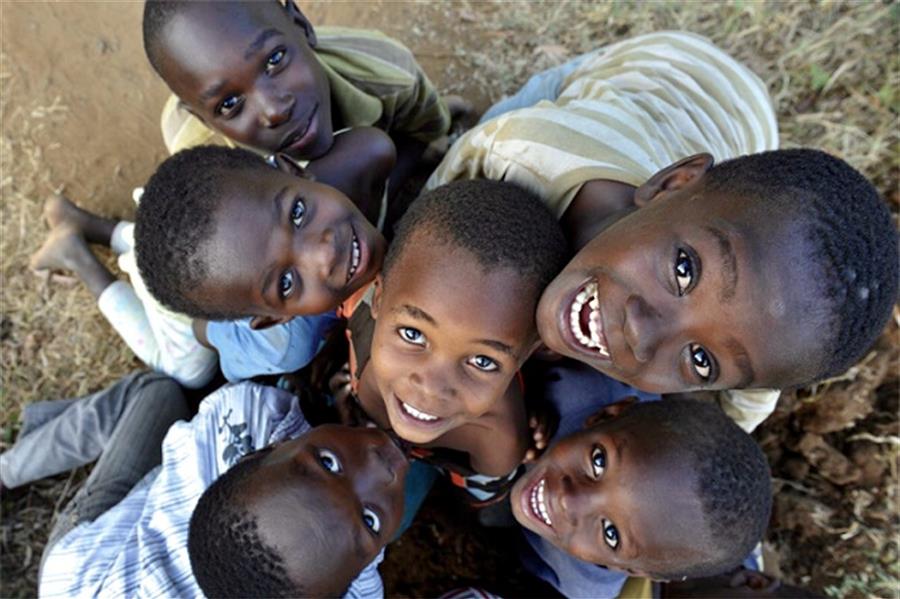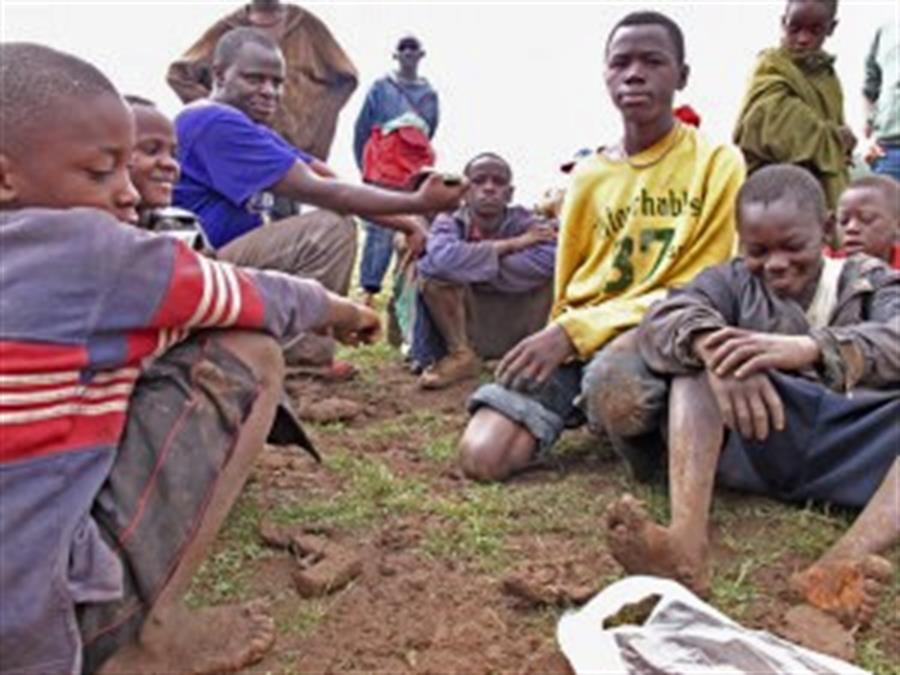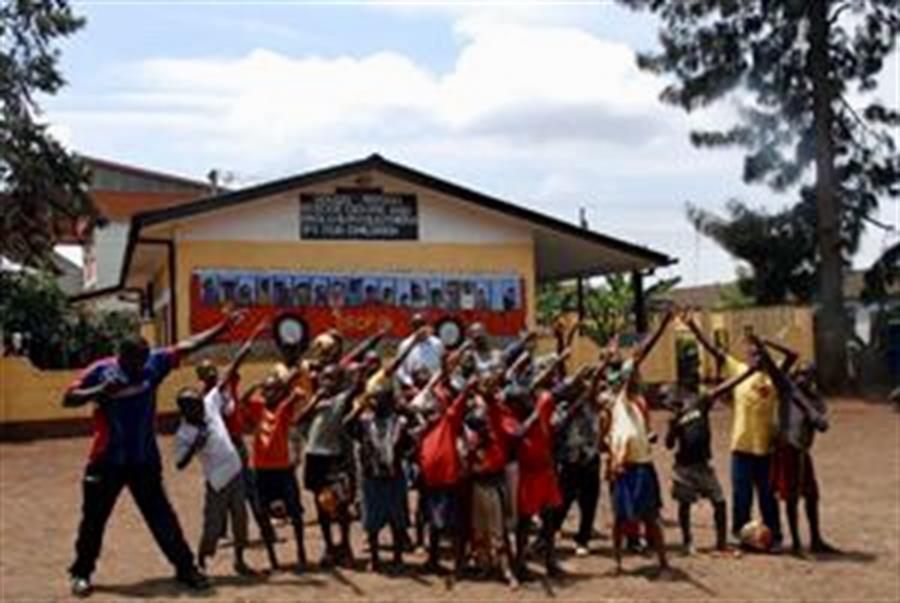I am Mike Mwenda, born in 1990. I want to share with you my life story.
I took to the street in 1998. Before that I was living with my parents in Lusaka, the capital town of Zambia, but then my father died after a short illness. My relatives believed that he was victim of witchcraft. My mum did not work and she could not provide the family with food, so often I went to sleep with an empty belly. Moreover there were always conflicts and accusation of witchcraft within the family. Hunger and peer pressure finally convinced me to run away from home.
I stayed in the street of Lusaka from 1998 to 2000. I was just 8 years old and life was really hard. I grew up in public landfills, train stations, garbage dumps.
Violence, with words and with facts, is always present in the streets. When you are desperate all your senses become alert to take advantage of all opportunities. You can collect food and all kind of waste material from the garbage, wash cars, carry some loads in exchange of money, and even steal or scare people until they give you some coins. Then, when hunger is too much, you sniff glue or petrol.
I cannot describe the nights in the streets. Darkness is full of ghosts and predators, the night is a new nightmare inside a nightmare. The police, the cold or the rain, insects, hunger, anger, torment the children who sleep in the street. The fire made with a bit of paper or plastic heats only the skin, but it never warms the heart of a child who needs to be protected and loved.
There so many children living in the streets of Lusaka up to today and sadly, the government seem not to care about them and their welfare.
In the year 2000 I was in the first group of children picked from the streets by Mthunzi, an initiative of Koinonia community and father Kizito. We could not believe that we were offered the possibility to get three good meals per day, to go to school, to stay in a nice place with a real bed and especially with good people to take care of us. Actually at the beginning we thought it was a trick to lure us and then sell some or our body parts to hospitals overseas. There were many such stories in the street.
Instead at Mthunzi, which is in a rural area outside Lusaka, after a few weeks I realized I had found my family: the other former street children became my brothers, and up to now we have a real brotherly bond. I also discovered that Koinonia people are moved by Christian love. They feel it is their duty to care for the others and to build a just and peaceful society. I wanted to be like them, I attended catechism and was baptized in the local church.. .
I studied hard to make up for the years I had lost. I attended the local public primary school, and then completed the secondary school. At the end I got very good results and I was admitted to the University.
Now I am almost turning 25 and I am a member of Koinonia Community and attend the University, studying Journalism, and should graduate before the end of next year. I want to use my work to spread understanding among people, peace, justice, to build a world where children are loved and cared for. My university campus is far from Mthunzi, but whenever possible, during weekends and holidays, I go back to share life with my brothers. Koinonia is my family.
Street life in its negative connotations will always be inside me. But I learned from my experience that you cannot get out of the street life alone. You need help from the others. We always need others. We always need a listening heart and a friendly hand.
To get out of street life is a bit like trying to get out when you fall in a sewer. You have to find something solid under your feet, you have to use all your strength, but you also need a friendly hand reaching out to you. For me this was the hand of Koinonia and the hand of father Kizito.
Without them I would still be on the street.
That was the past, but today I'm committed to study because I want to do something for children who are still on the road.
Are we just spectators on the roads of life? No. In one way or another we are all responsible for the injustices that exist in the world.
If we work together we can change this world. We need ideas, we must study all together the possible solutions. But above all, the world needs love, so much love. When I look at this world I think that we must learn to love each other or we will all perish.
Let's walk together on the road, there are many friends with whom to share our dreams, there are many children who want to grow, children who every night cry and despair because they are afraid and feel alone and unloved. Let's walk together, so that all the streets of the world will resonate with songs of freedom and happiness, dance and sound of drums. The streets must become not a nightmare, but the place of togetherness where people meet, looking in each others eyes and build new world.


